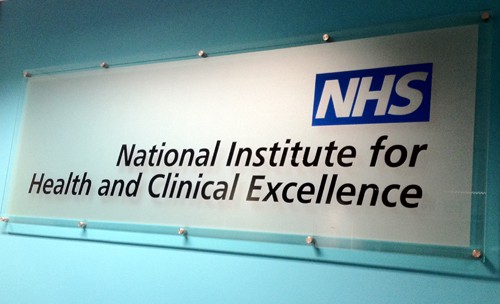
Lilly has gained NICE approval for breast cancer drug Verzenios, setting up a three-way competition in the UK in the new CDK4/6 inhibitor class.
Verzenios (abemaciclib) has been recommended in draft guidance by NICE in combination with an aromatase inhibitor for hormone receptor-positive, human epidermal growth factor receptor 2 (HER2)‑negative, locally advanced or metastatic breast cancer as initial hormone therapy.
Lilly got the green light after improving its price offering via a revised patient access scheme, and NICE says it is now cost effective relative to the other treatments in the CDK4/6 inhibitor class.
Ibrance (palbociclib) was the first of these drugs to reach the market and has already achieved blockbuster status worldwide, earning around $4bn in 2018, and forecast to hit $6bn by 2022. Novartis’ Kisqali (ribociclib) is far behind Pfizer’s drug (but expected to hit $1.6bn in 2022 according to EvaluatePharma), with Verzenios expected to give Kisquali competition for second place in the market.
Ibrance and Verzenios gained NICE approval in November 2017, which means Lilly has some catching up to do.
However, analysts says Verzenios has an advantage over Kisqali thanks to its continuous dosing regimen, which avoids patients having to take treatment holidays to avoid toxicity such as neutropenia.
Verzenios’ UK list price is the same as its rivals, £2,950, but each has had to offer a confidential discount in order to gain NICE approval.
Around 46,000 women are diagnosed with breast cancer each year in England and Wales, of whom around 8,000 would be eligible for treatment with a CDK4/6 inhibitor.
Verzenios is also currently being appraised by NICE in combination with fulvestrant. This is for another subset of patients who have previously received hormone therapy, with a decision expected in early 2019.

Baroness Delyth Morgan, chief executive at Breast Cancer Now (pictured) welcomed NICE’s decision.
“Crucially, this drug’s availability will now help improve patient choice, giving women even greater control over their quality of life. Abemaciclib has been shown to be just as effective as palbociclib and ribociclib, but can come with slightly different side effects. It’s now essential that all patients are fully informed of the benefits and risks of these different treatments and are supported to make the decision that’s right for them.”
She added: “We also now look forward to the upcoming decision about a further use for this drug on the NHS. Research has shown that giving abemaciclib in combination with fulvestrant could offer a significant group of patients who have received prior hormone therapy an important new option, and we hope it can soon be made available at a price the NHS can afford.”




